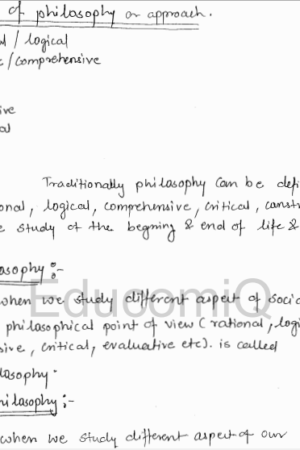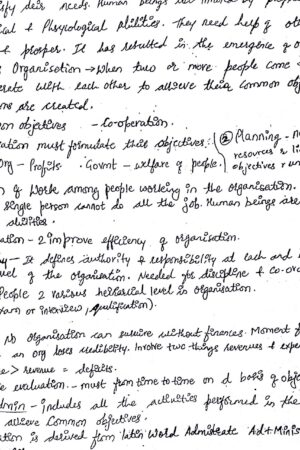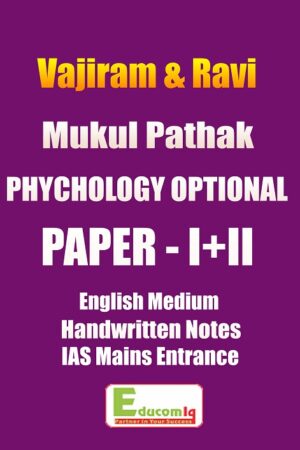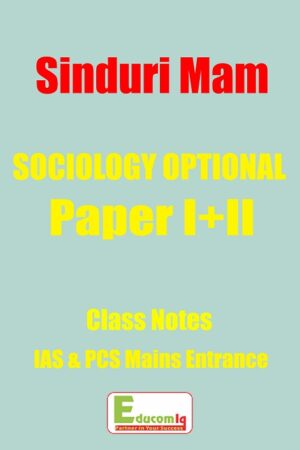Patanjali IAS Philosophy printed notes paper-2 Dharmendra Sir, faculty for philosophy is complete notes. Printed Notes is current and updated one and covers the entire paper 2 syllabus. Patanjali IAS is the best coaching in Delhi for philosophy optional. A lot of students were selected over the years including Akhtar Amir Khan ranked 2 in the 2016 batch.
Patanjali is one of the best coaching institutes in India for Philosophy. Its study material is concise and to the point. Language is such that anyone can understand and with little change can be written in the Examination.
Material is written by prominent teachers having more than 20 years of experience in teaching. A regular review of the materials has been made according to the changes in the syllabus. It has immense applicability in the essay paper. Topics like democracy, secularism, humanism, women empowerment, multiculturalism, corruption, and justice.
GS paper – IV ( Ethics, Integrity, and Aptitude has strong roots in philosophy
Paper -2 Covers the following topics
- Social and Political Ideals: Equality, Justice, Liberty.
- Sovereignty: Austin, Bodin, Laski, Kautilya.
- Individual and State: Rights; Duties and Accountability
- Forms of Government: Monarchy; Theocracy and Democracy.
- Political Ideologies: Anarchism; Marxism and Socialism
- Humanism; Secularism; Multiculturalism.
- Crime and Punishment: Corruption, Mass Violence, Genocide, Capital Punishment.
- Development and Social Progress.
- Gender Discrimination: Female Foeticide, Land and Property Rights; Empowerment.
- Caste Discrimination: Gandhi and Ambedkar
Philosophy of Religion:
- Notions of God: Attributes; Relation to Man and the World. (Indian and Western).
- Proofs for the Existence of God and their Critique (Indian and Western).
- The Problem of Evil.
- Soul: Immortality; Rebirth and Liberation.
- Reason, Revelation, and Faith.
- Religious Experience: Nature and Object (Indian and Western).
- Religion without God.
- Religion and Morality.
- Religious Pluralism and the Problem of Absolute Truth.
- Nature of Religious Language: Analogical and Symbolic; Cognitivist and Noncognitive.
For Queries:-






















































